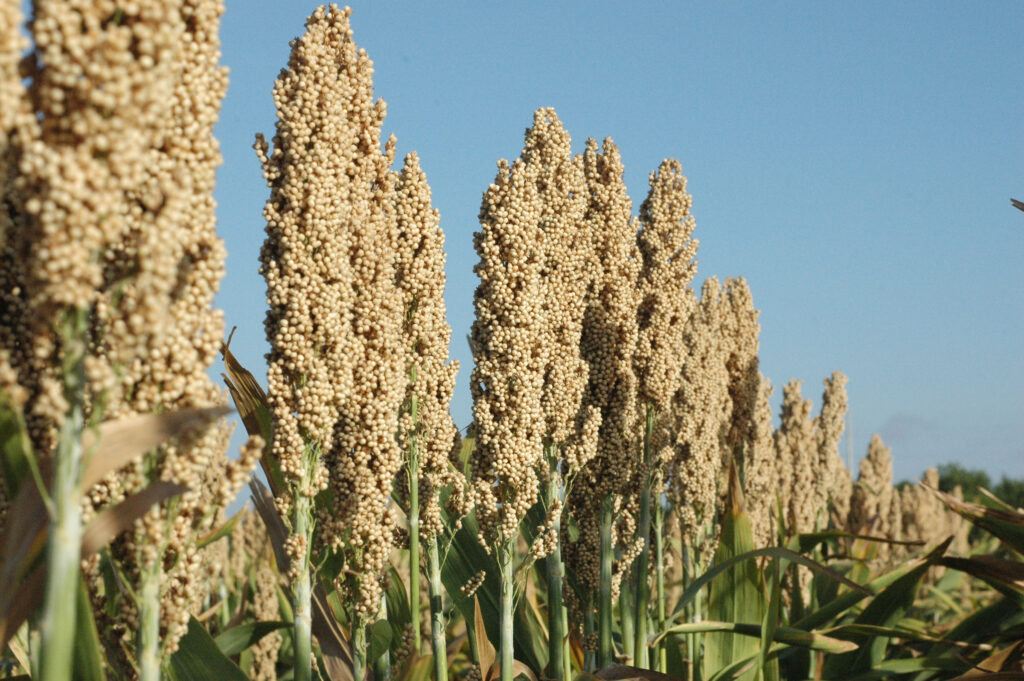Because of its heat and drought tolerance, grain sorghum plays a critical role in agronomic cropping systems throughout the state of Texas. In Texas, the crop is grown on approximately three million acres each year with annual production averaging 130 million bushels. In addition to its importance in Texas as a grain crop, it is also very important as a forage, hay and silage crop.

Research Interests
- Develop improved parental lines of sorghum to create grain sorghum hybrids for feed and food uses
- Develop improved sorghum lines to produce forage sorghum hybrids for grazing, silage, and hay production
- Develop sorghum germplasm with enhanced resistance to disease and abiotic stresses for use in sorghum breeding programs
- Investigate and as appropriate, integrate new technologies into the sorghum breeding pipeline.
Faculty and Staff
William Rooney
Regents Professor
Borlaug-Monsanto Chair in International Crop Improvement
AgriLife Faculty Fellow
Sorghum Breeding & GeneticsRonnie W. Schnell
Professor
Extension State Cropping Systems Specialist
Related Sites of Interest
- Sorghum Research Program, Lubbock, TX
- Texas AgriLife Research
- Variety Testing Information – Grain Sorghum
Learn More About Research Areas of Focus in Soil and Crop Sciences
In the realm of soil and crop sciences, research focuses on a myriad of critical areas that drive sustainable agricultural practices and global food security. Soil health and management take center stage, exploring ways to optimize soil fertility, structure, and nutrient cycling to enhance crop productivity. Genetic advancements in crop breeding and biotechnology are pursued to develop resilient varieties that withstand environmental stressors and ensure high yields. Precision agriculture, integrating technology and data analytics, aims to fine-tune farming practices, reducing resource waste and maximizing efficiency. The exploration of sustainable agroecosystems delves into the intricate relationships between crops, soil, and the environment, fostering environmentally friendly approaches. Such research not only informs farming practices but also contributes to vital policy discussions, shaping the future of agriculture in a rapidly changing world.

